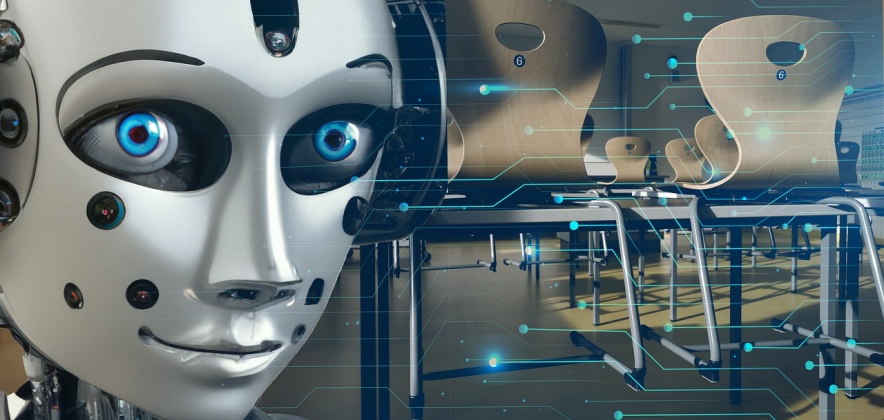
For many years the scientific literature, almost exclusively international, has questioned the potential that Artificial Intelligence has in Education, in favoring the processes of inclusion and in modifying learning environments in an inclusive direction. Experiences of educational robotics activities dedicated to children with more or less complex disabilities are frequent. Many of the observations made in these experiments report how educational robotics positively influences various aspects of the person: emotionality, sociality, motivation, self-esteem and autonomy, the ability to identify and abstraction. This paper proposes a systematic review of the literature that deals with the studies and applications of Artificial Intelligence, focusing on educational robotics in the context of the educational needs of pupils with disabilities and learning difficulties between the ages of 6 and 10 years. The goal is to provide a picture as comprehensive as possible of the possibilities for Special Pedagogy and Artificial Intelligence to set a dialogue.
 Classified "A" by ANVUR in the fields 11/D1, 11/D2 Scientific in the field 14.
Classified "A" by ANVUR in the fields 11/D1, 11/D2 Scientific in the field 14.

